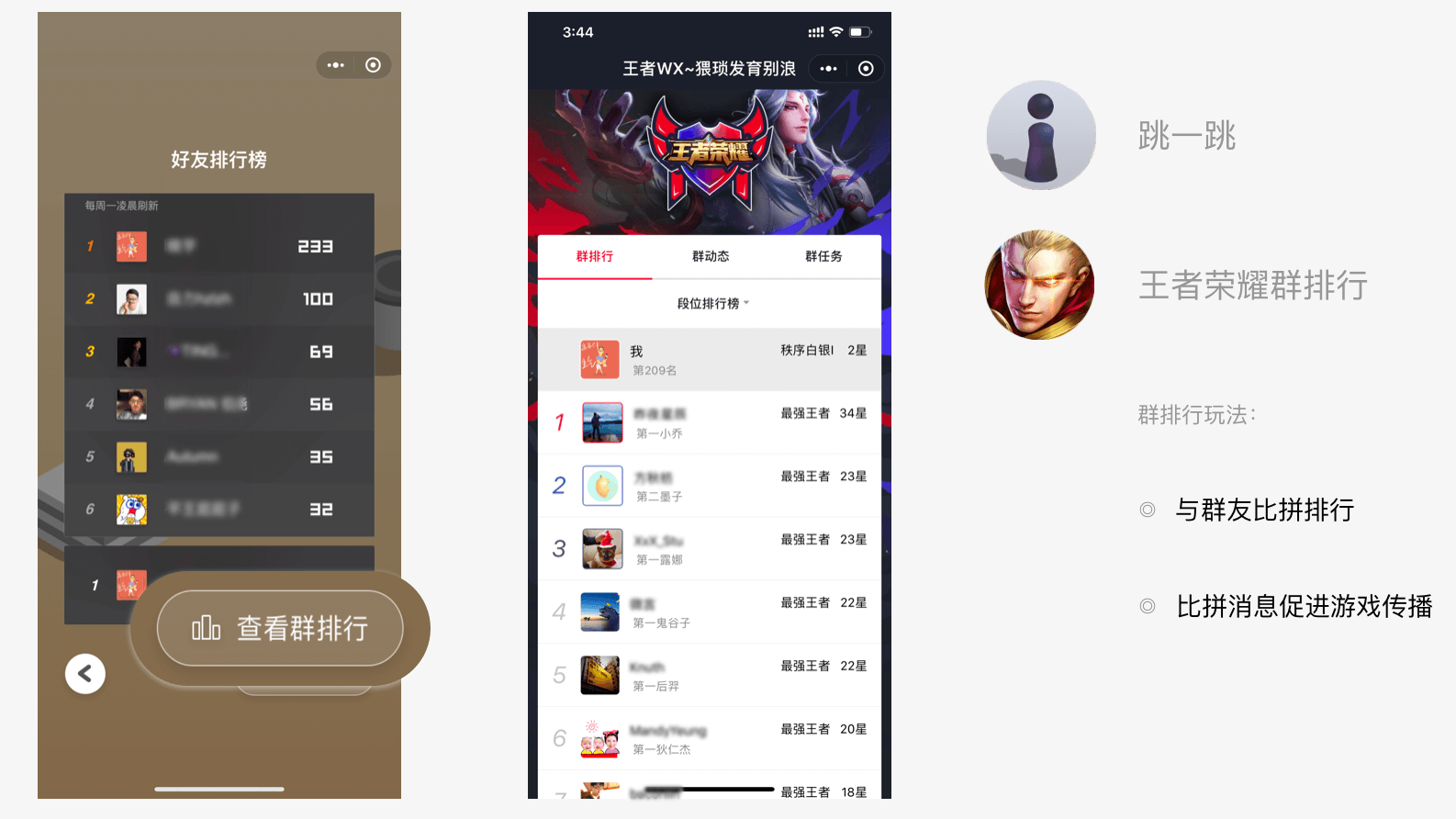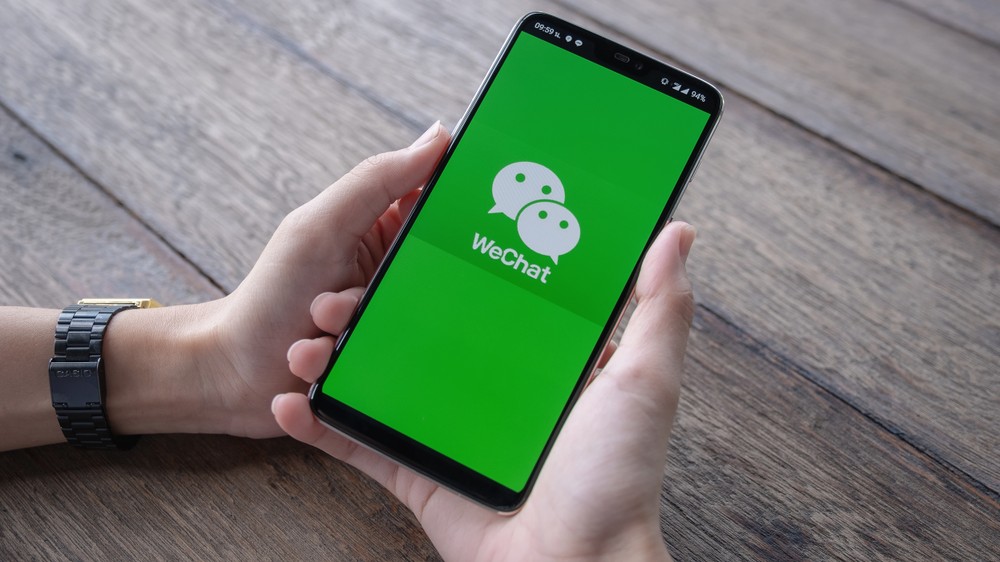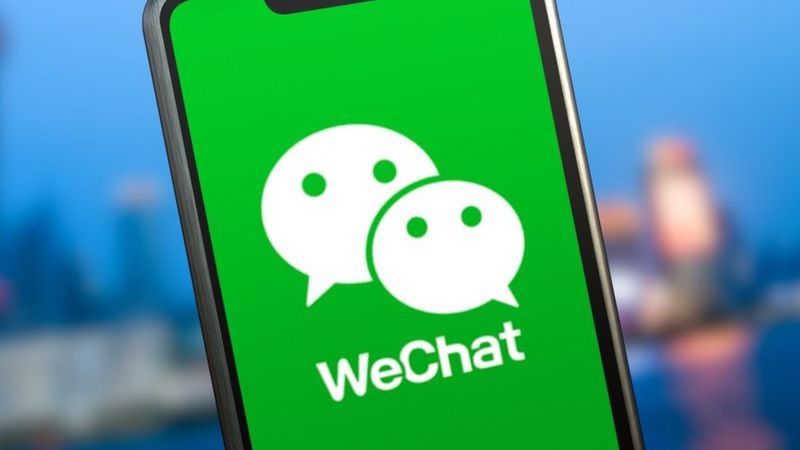As global businesses increasingly explore the massive Chinese market, WeChat Mini Programs have become an indispensable part of the digital strategy. However, for developers and marketers outside of Mainland China, navigating the ecosystem—especially elements like AppID management—can feel complex. Below are comprehensive tips to help international teams ensure smoother collaboration, compliance, and development efficiency when working with WeChat Mini Programs.
1. Understand the Role of the AppID Beyond Just Identification
The AppID (Application ID) is not merely a code for identifying your Mini Program—it is a core credential that serves as the gateway for integrating WeChat APIs, configuring backend servers, activating cloud functions, embedding SDKs, and linking third-party platforms like Alibaba Cloud or Tencent Cloud. Treat the AppID as you would a password or an API key—it’s an access credential with system-wide implications. Unauthorized access or leakage of your AppID can lead to development errors or even malicious use, so be mindful of how it’s shared and stored.2. Registration Limitations for Foreign Entities
WeChat Mini Program registration is restricted for companies without a valid Chinese business license. While Tencent has started allowing select overseas businesses to apply for WeChat Official Accounts, full-featured Mini Program development access—especially including AppID issuance—requires a registered legal entity within Mainland China. If your company is based in the US, UK, EU, or anywhere outside China, you will likely need to:Partner with a local Chinese business and Register a Chinese subsidiary
Work with a licensed third-party service provider such as YIVA Digital who can register the account on your behalf. Make sure the business license (Chinese: 营业执照) and other documents used for registration are accurate and up-to-date, as Tencent performs periodic audits (typically once a year).
3. Choose the Right Type of WeChat Account
Not all WeChat Official Accounts are eligible to create Mini Programs. There are four main account types:
- Subscription Account (订阅号)
- Service Account (服务号)
- Enterprise Account (企业号, internal use only)
- Mini Program (小程序)
To use a Mini Program, you must either register a Mini Program separately or link it to a verified Service Account. Note: a WeChat Service Account can only be linked with up to 10 Mini Programs. Each Mini Program has its own AppID.
Ensure your team understands this structure before development begins to avoid administrative issues or the need to restart under a different account.
4. Permission Control and Role Management
Once your Mini Program is registered and the AppID is generated, WeChat provides a permission-based management system within the WeChat Official Accounts Platform (mp.weixin.qq.com). International teams should establish clear protocols around who has access to:
- Viewing or copying the AppID
- Uploading new code versions
- Accessing user data and analytics
- Managing development settings
Assign admin, developer, and analyst roles carefully. Use Tencent’s role-based system to grant the minimal permissions needed for each user. This helps avoid accidental misconfiguration or leakage of sensitive credentials like the AppID.
5. AppID Should Never Be Hardcoded in Public Projects
In many frontend development environments, developers may be tempted to hardcode the AppID in the project config files. Avoid this. Instead, use environment variables or a centralized config management system with proper access controls. If you’re using CI/CD pipelines, make sure that your environment files (such as .env) are excluded from version control and encrypted in storage.
You can also utilize secure secrets management solutions from platforms like Alibaba Cloud, Tencent Cloud, or HashiCorp Vault to store your AppID alongside your app secrets and API tokens.
6. Cross-border Collaboration Requires Clear Communication and Documentation
If your development or marketing team is based outside of China, but the Mini Program is operated or registered under a Chinese entity (such as a local partner or marketing agency), it is essential to maintain documentation that clearly tracks:
- AppID usage history
- Who created the Mini Program
- When the AppID was assigned
- Who currently has operational and development access
Without this transparency, teams risk miscommunication, conflicting code deployments, or issues during re-verification periods initiated by Tencent.
It’s good practice to maintain an internal knowledge base or Google Doc that documents all active AppIDs, project scopes, and developer responsibilities.
7. Avoid Duplicate Registrations
Many companies operating in China have several business units or brands, which sometimes leads to duplicate Mini Program registrations. This can cause internal confusion and even user trust issues if consumers search for your brand and find multiple Mini Programs with similar names.
Make sure your team verifies whether an AppID already exists before starting a new project. Use the WeChat Official Account backend to check the registry, and communicate with your Chinese legal or technical representatives to avoid overlap.
8. Work With Local Experts or Agencies Familiar with WeChat Ecosystem
Because the WeChat ecosystem is highly localized—both in language and in legal/regulatory compliance—it’s strongly advised for international developers to work with a digital agency or tech consultancy based in China. These partners can help:
- Set up the correct business licenses
- Navigate approval processes for publishing the Mini Program
- Troubleshoot issues related to AppID configuration
- Keep up with fast-changing platform policies
For example, at YIVA Digital, we specialize in helping global businesses integrate seamlessly with the Chinese digital landscape — including Mini Program strategy, AppID management, and campaign launches.
9. Monitor Your AppID Usage Periodically
Once development is complete, and your Mini Program is live, don’t ignore the AppID! Periodically review:
- Its security exposure
- Linked services and APIs
- Whether it's still under active maintenance
- If ownership or account responsibility has changed internally
Regular audits ensure your Mini Program stays compliant with Tencent’s terms of service, and helps avoid accidental lockouts or expired verification due to inactive accounts.








